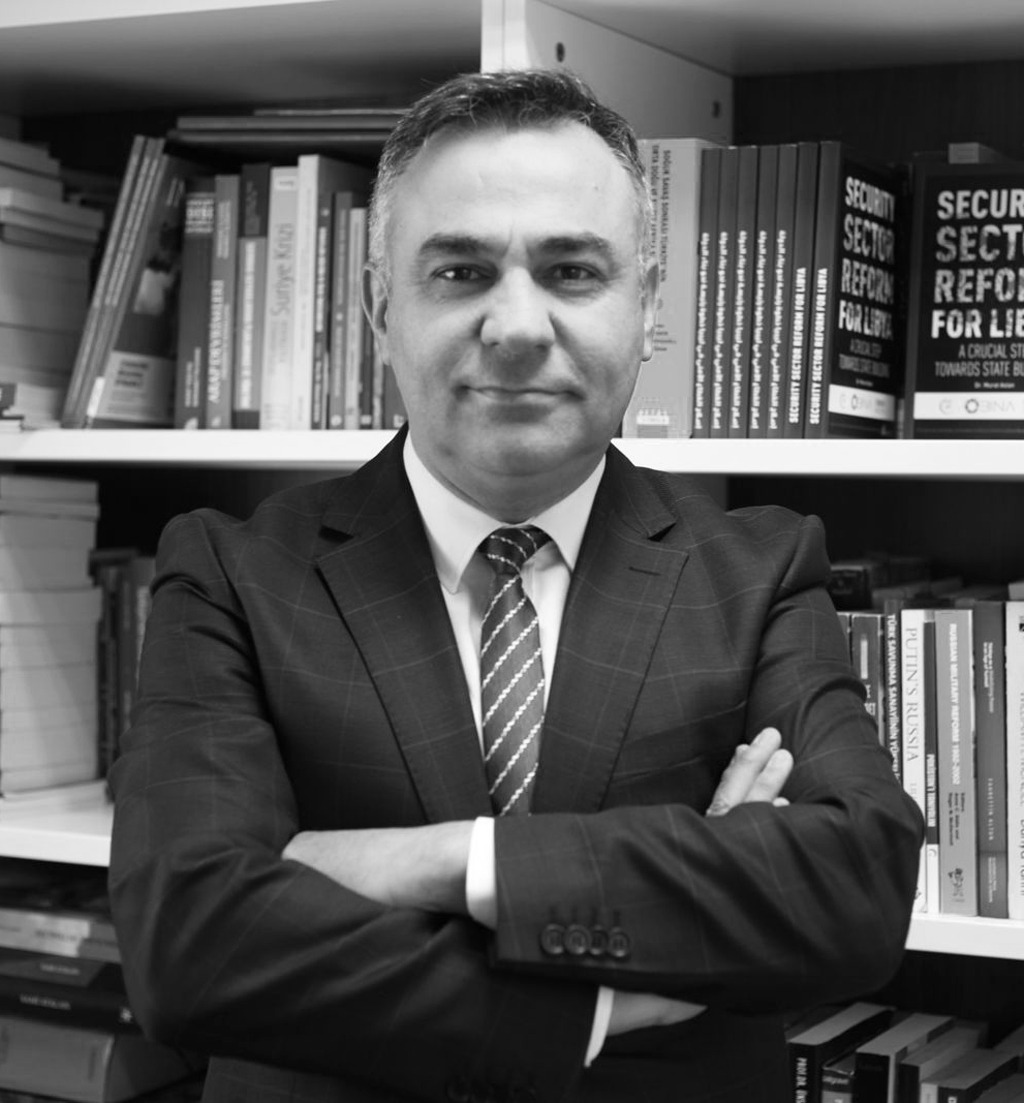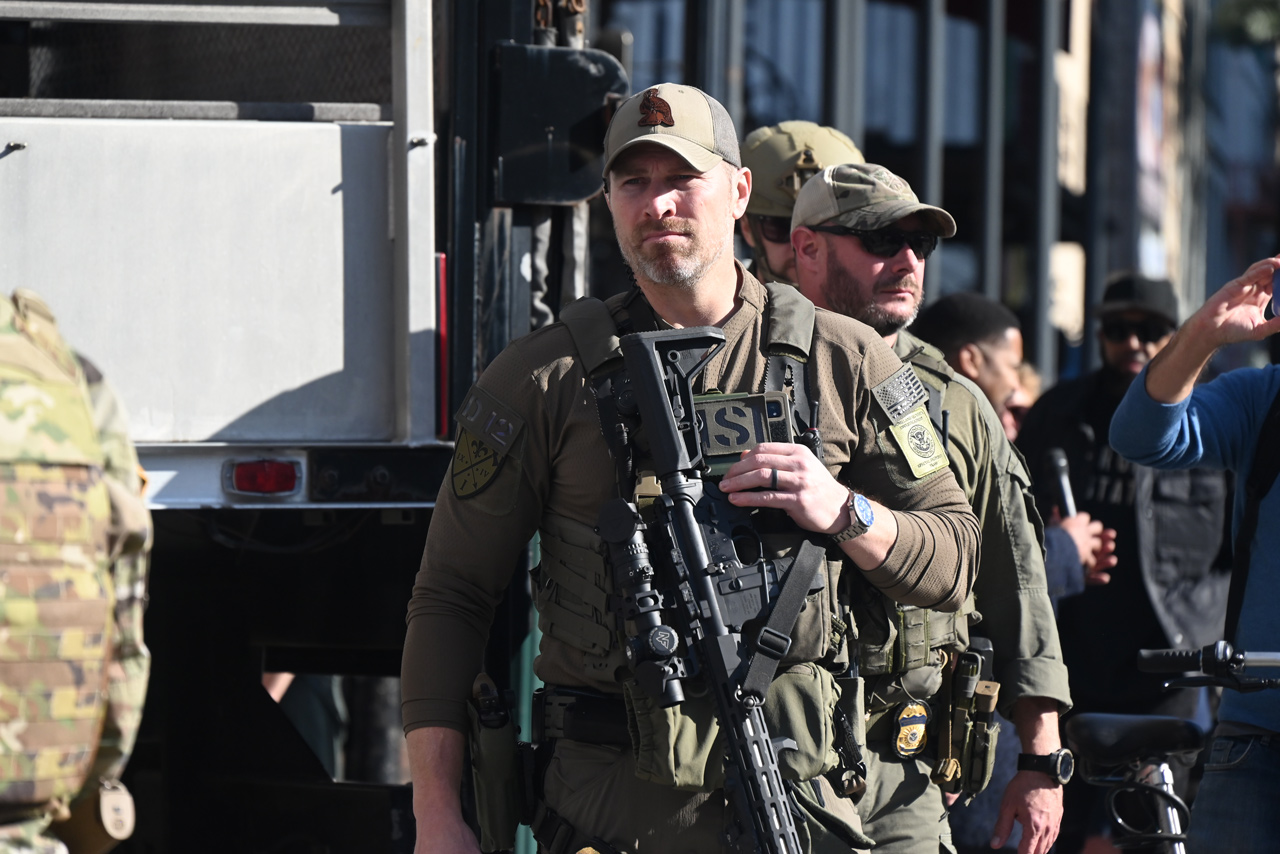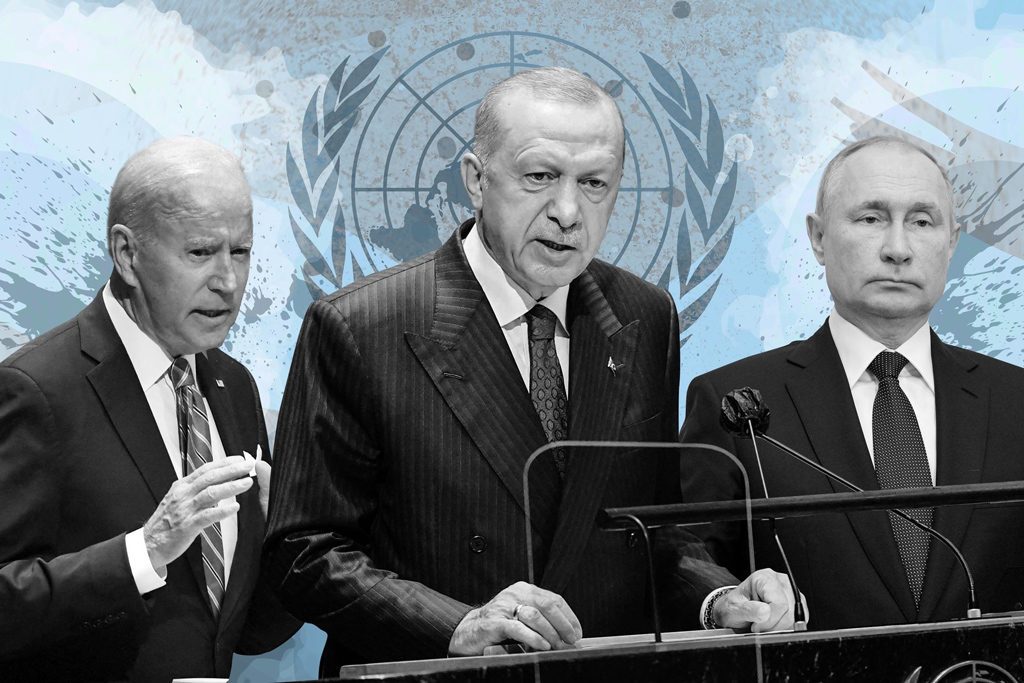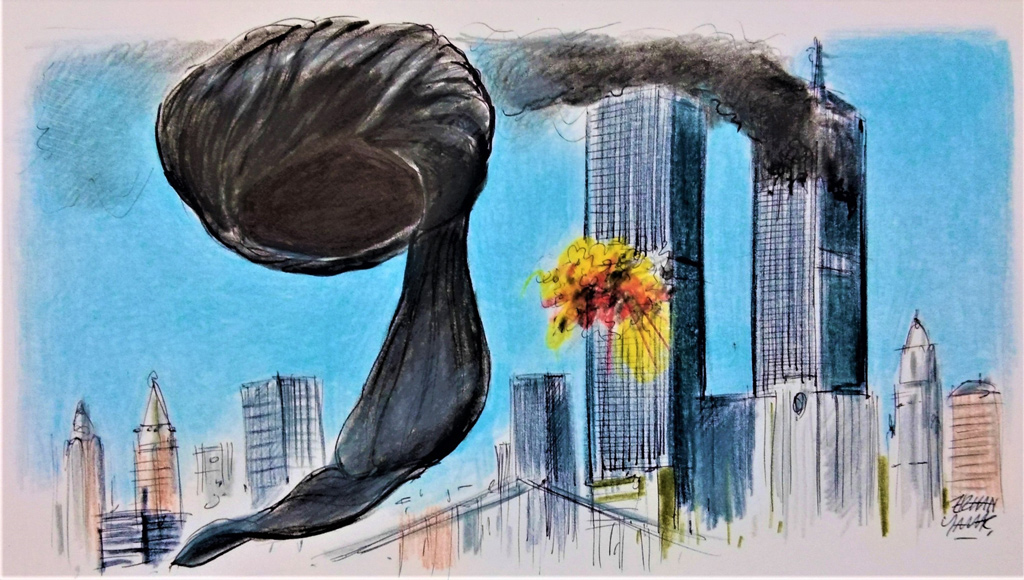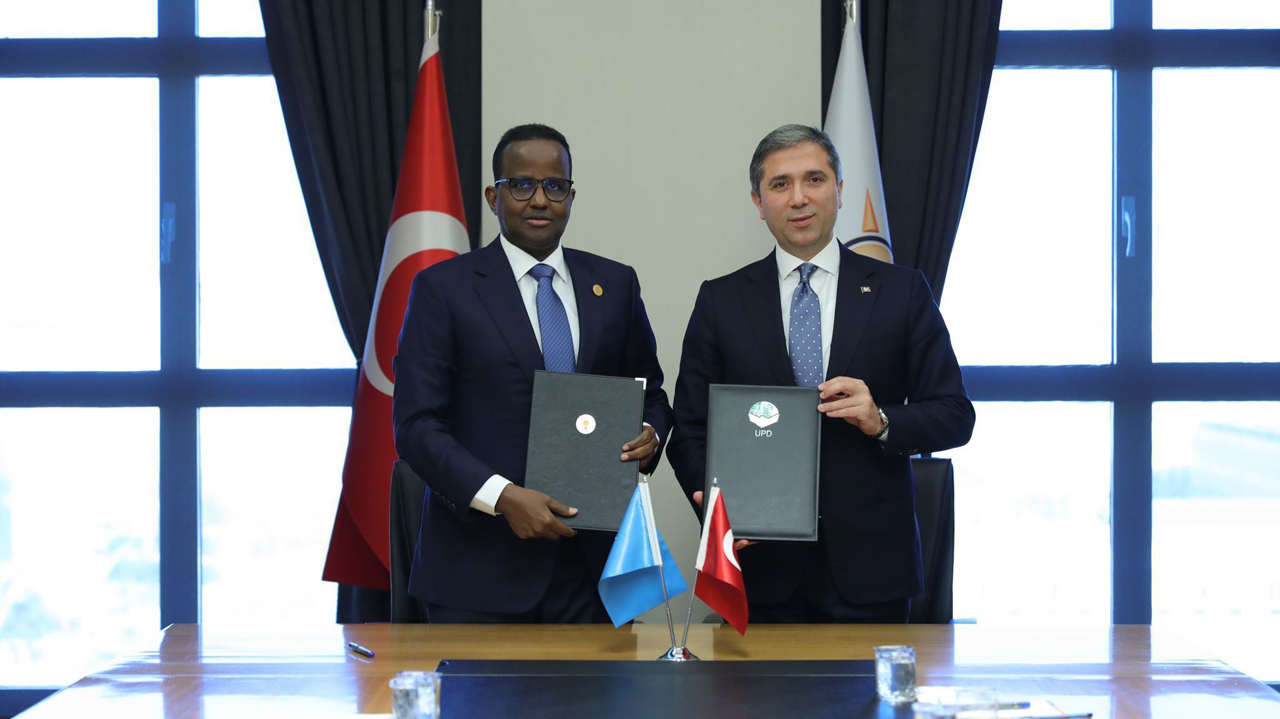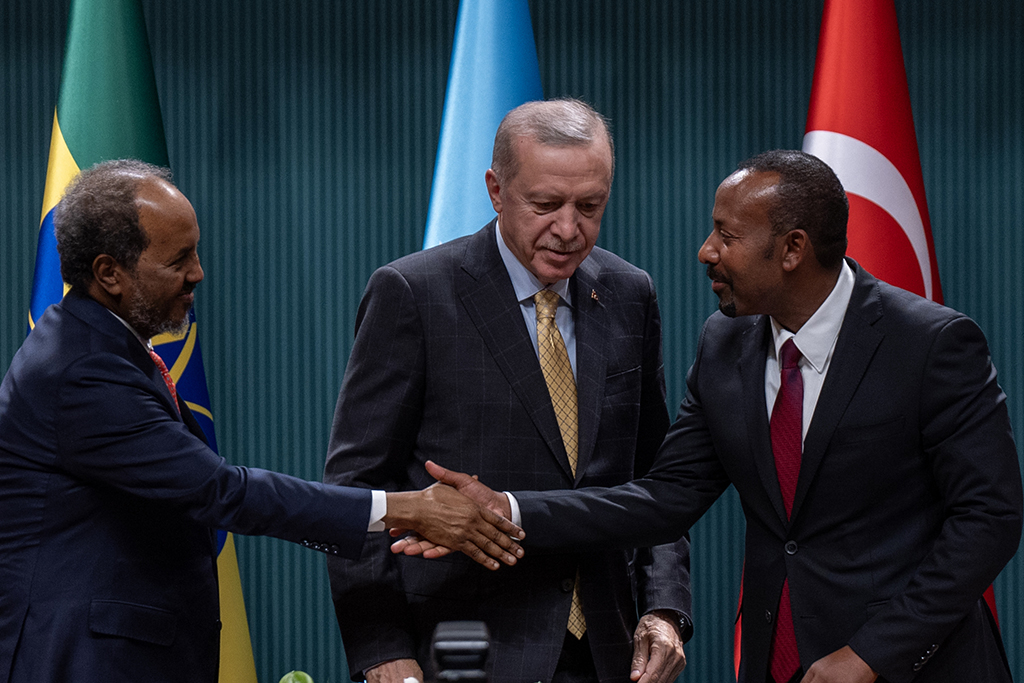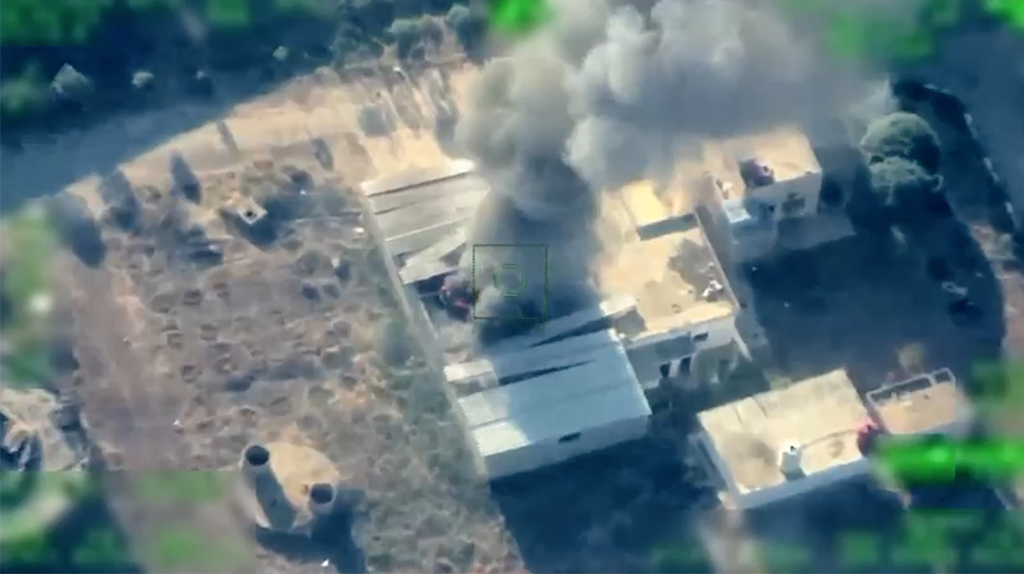On September 11, 2001, the attack on the Twin Towers shattered the American public's sense of 'trust'. The American society, which until then had lived a trouble-free life between two oceans, realized that there was no country beyond the outreach of terrorism. American interventionism was materialized in Afghanistan and Iraq after the then-US President George W. Bush declaration of the Crusader War. It has led to the death or injury of millions, the destruction of cities, and the emergence of new types of instability due to ethnic and sectarian divisions.
Chief among these has been radicalization. While American 'pre-emptive' interventions continued at the time, the chain of action-reaction provoked radicalization. Indeed, while al-Qaeda was marginalized, DAESH, which emerged in Iraq, began to spread to other states, including Syria. Even though the Americans declared that they had defeated DAESH, the terrorist organization began to revive and spread like a virus, but in a disconnected manner, as the appropriate conditions matured.
At 3:45 a.m. on January 1 in New Orleans, USA, Shams al-Din Jabbar drove a car with a DAESH flag over a crowd of people, killing 15 people. Immediately afterwards, an armed attack was carried out on a nightclub in New York. In addition, at the entrance of the Trump Hotel in Las Vegas, a TESLA vehicle loaded with fireworks and fuel tanks caught fire and exploded. This has raised suspicions of a coordinated and complex terrorist attack. It is therefore necessary to first assess these attacks in terms of their scope and methodology and, then, look at their probable consequences.
Assessment of the Attacks
The first thing to consider is the perpetrator of the attack. The attack in New Orleans was carried out by an American citizen - more precisely, an African-American - named Shams Ad Din Cabbar. His most striking feature is that he served as a non-commissioned officer in the American army. It is interesting to note that Jabbar, who has occupied the press with his Muslim identity, was not subjected to the personnel vetting protocols of the US Armed Forces. Because American soldiers are subjected to a strict security investigation before and during their service.
The second point is that a vehicle with a DAESŞ flag can drive on American streets. Despite all the security measures taken on New Year's Eve, the vehicle was able to enter a street closed to traffic with that flag, bypassing the weak (!) barriers.
The third issue is the presence of improvised explosive devices in the vehicle. Cabbar, an IT technician in the US Army, in other words a computer and information network operator, must have either manufactured the improvised explosive devices himself or obtained them from someone else. Even if he prepared the device himself, the fact that he was trained and had access to the explosives. It indicates the existence of an organized structure.
The armed attack in New York was carried out by a group of 3-4 people firing around 30 shots into a crowd waiting for a birthday party in front of a nightclub called Amazura. There is no information about the identity and motivation of the perpetrators. It could be a petty crime. However, the burning and explosion of a Cybertruck in Las Vegas raises the suspicion of a coordinated attack. The vehicle was found to have been rented by an American 'Veteran' soldier named Matthew Livelsberger, who lives in Colorado. What is interesting is that both vehicles were obtained through the same company's car rental application. Likewise, both Americans are 'veterans'.
The Protest Mood of American Veterans
It is no secret that soldiers who served in Iraq and Afghanistan are angry with American society and politicians. There is a strong tendency to accuse their own society of insensitivity because of the time, effort and lives they sacrificed. They also have a mindset that questions politics, believing that the arbitrary decisions of politicians do not take their lives into account. Trump's presidency in the US has also provoked those with this mindset. At this point, the possibility that these attacks were carried out by secretly organized American 'Veterans' or by Americans sympathetic to Daesh should be considered.
In the first option, it is dangerous that the American 'veterans' start actions against 'white' Americans because of Trump's coming to power. In this case, it would not be an exaggeration to claim that the US is facing internal 'armed' polarization. However, in the second option, if it turns out that Daesh was behind the attack, a multifaceted analysis needs to be done separately. It would be useful to briefly touch upon this issue.
DAESH in the USA?
In recent years, the religion of Islam has become a popular trend, especially among African-Americans. Inspired by discrimination against blacks, this trend is in reaction to American interventionism in Iraq and Afghanistan and support for Israel in Gaza. Moreover, the American mindset of labeling Muslims as 'Islamists' naturally offends American Muslims. Therefore, as anti-Islamic Americans target Muslim Americans, it seems likely that Muslim Americans will also develop a reaction. In other words, the Americans themselves are creating a social polarization that a primitive terrorist organization like DAESH could not even dream of achieving.
Another possibility is that while there is talk of a US withdrawal from Syria, there are allegations of attacks that are thought to be linked to DAESH in a single day. This claim, which has no proof, has triggered conspiracy theories. Those who think that DAESH is an American-Israeli invention attribute the recent attacks to the American deep state. However, it would be better to make result-oriented comments by reading the current picture rather than such hypotheticals.
Considering Trump's statements foreshadowing the withdrawal from Syria, it is possible for the Pentagon to insist on staying in Syria and create public opinion. But it is not a solution. Although American administrators believe that they are keeping DAESH under control with terrorist organizations such as the PKK/PYD/YPG, DAESH has spread to other geographies. They can organize effective attacks in Afghanistan and Africa. The claim that it has been completely destroyed in Iraq and Syria is also incompatible with reality. Therefore, PKK/PYD/YPG guardianship is not a solution.
How to address the outcomes of the attacks?
Establishing a central government in Syria and establishing sovereignty in the whole country is a more effective way of doing things. Strengthening the central government in Iraq can likewise reinforce the fight against DAESH. However, the real solution is to dry up the sources that can feed DAESH. It is impossible for people who can benefit from state services such as education, health, law, education and security required by citizenship to give credibility to a radical terrorist organization like DAESH. This is why Americans need to search for a comprehensive and effective solution in a 'wise' way, both in their own region and in other countries.
On the other hand, in the aftermath of these attacks, the polarization of American society and the deepening of xenophobia and Islamophobia seem inevitable. It is also clear that anti-immigrant sentiment will become a state policy. Therefore, we may witness similar attacks in the coming days.
